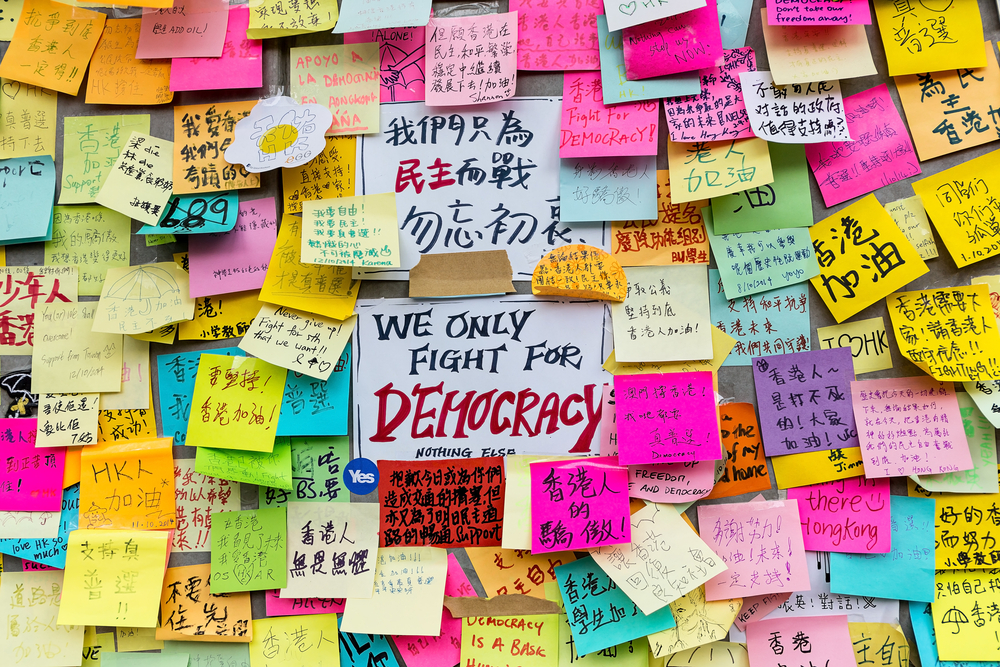
Practical information
Assessing the state of democracy in Asia is a challenge. While some countries, such as Japan and India, have been showing the way from early days, some others, such as in Southeast Asia are still struggling to ensure stable and sustainable democratic institutions and practices.

Several competing visions and approaches to democracy also coexist in Asia. The case of Hong Kong exemplifies the tensions and frictions between vibrant calls for liberal democracy and pushes to promote a more authoritarian political system. Finally, the discussion will also involve the European model of democracy and the potential role for influencing Asian good practices.
PROGRAMME
9:30-11:30: Asian democracy: models, experiences and challenges
Chair: Françoise Nicolas, Director, Center for Asian Studies, Ifri
- The Japanese democratic model: experience and responsibility for the future,
Kaoru Iokibe, University of Tokyo - The Chinese culture and democracy: The Hong Kong experience between Beijing and Taipei,
Steve Tsang, Director, SOAS China Institute, SOAS University of London - Progresses and Challenges to Democracy in Southeast Asia,
Sophie Boisseau du Rocher, Associate Research Fellow, Ifri - Indian democracy and legacy for the region,
Zorawar Daulet Singh, CPR, New Delhi
Discussants:
- Ken Endo, Hokkaido University
- Alice Ekman, Head of China research, Center for Asian Studies, Ifri
Q/A Session
11:30-12:00- Concluding Remarks: The European model and the democracy in Asia
- Richard Youngs, Carnegie Europe
Other events

From Ambition to Action: Exploring Technological Partnerships with India
The 16th EU-India Summit, held on January 27th in New Delhi with European leaders António Costa, Ursula von der Leyen, and Prime Minister Narendra Modi, marks a significant milestone in deepening EU-India relations. At the same time, official bilateral visits from EU member states are on the rise, including that of the French President, who visited India in February to participate in the Artificial Intelligence Summit. As India asserts its technological ambitions and seeks to reduce its dependence on China, Europe is stepping up its efforts to diversify its strategic partnerships.

The Enlargement of the European Union: A Strategic Choice? France, the Western Balkans and the EU in an Uncertain Geopolitical Context
Russia’s war against Ukraine has brought the enlargement of the European Union back to the centre of European strategic debates. In this context, the Western Balkans have regained heightened visibility in discussions on the continent’s security, at a time when the international environment is marked by a growing number of destabilising factors.






